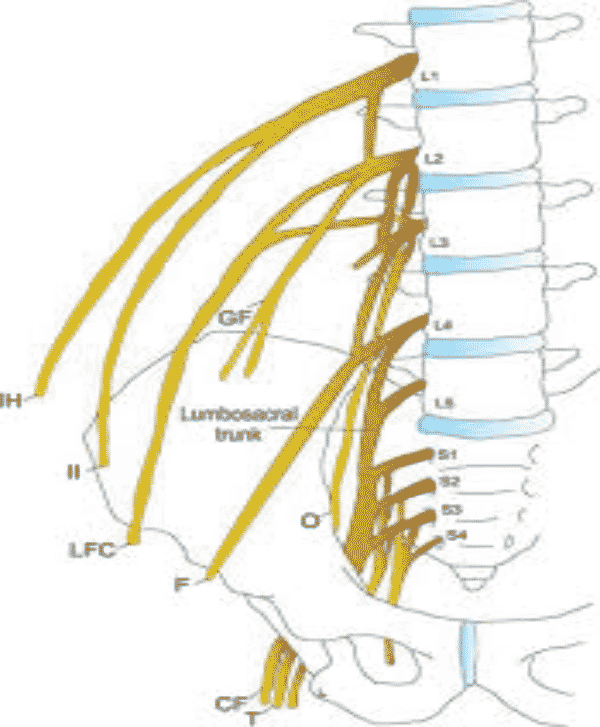
Now that we know and have a greater understanding of the maladaptive nature of pain (What is Pain), your approach to your pain may be quite different and much more productive. The first important question here is:
How do I know if my pain system is working too well and being overprotective?
A good assessment and examination are vital here. We need to rule out something serious (discussed in Pain and Physiotherapy section) and ensure that it is safe to start progressively loading your tissues. When I am assessing a patient, I am basically trying to see if the pain might be magnifying what is going on in the tissues. If this is the case, your understanding of this and what it means to you is absolutely necessary here. If you understand your pain, and understand the maladaptive nature of pain, and how that might apply to you, it should give you some confidence that you can start loading your tissues in a progressive manner. I cannot overestimate the importance of your understanding here, as this will hopefully reduce the threat/fear around pain and thus keep those threat centres (and all their associated responses) in your nervous system turned down. So, my advice here is always always always ask your therapist/health professional as many questions as you need to, to allow you to be confident in your understanding of your pain in relation to your tissues. If you are not convinced, ask some more questions!
What needs to be assessed?
A thorough history taking is vital here. This takes time so make sure you get your story across. A good physiotherapist should facilitate this. The timeline of your pain and everything that has happened can tall a huge amount about the nature of your pain in relation to your tissues.
Physical Examination.
Obviously, a good physical examination is important to assess the viability of your tissues. For example, how you move and how strong certain tissues are can give strong indicators to the relationship between your tissues and your pain.
Neurological Examination
From my experience, many people with chronic back pain have a fear about the nerves in their neck or back. They may have been advised that something is trapping their nerves, or their pain might feel like a ‘nerve pain’. However, a true nerve compression is quite rare, and a good neurological examination is relatively easy. We can check your reflexes, as if a nerve is compressed, then there will be no response from the tendon on tapping. We can assess sensation as again, if a nerve is compressed, the part of your body that is supplied by that nerve might feel differently to the other side. Let’s look at an example for a specific area of the body – the Lumbar spine.

Look at the S1 nerve on the diagram above (the nerve coming out from the S1 vertebrae). That nerve feeds the skin and the muscles down the back of your thigh and into the calf and then down to the outside of your foot and little toe. Abnormal sensation in this area could be a sign of some issues with this nerve. The other thing to assess here is the power of certain muscles, as nerves supply muscles and if a nerve is damaged it will result in weakness in those muscles that the nerve supplies. For the S1 nerve the most common muscle that would weaken would be the calf muscle, meaning you would have difficulty going up on your tip toes. If it was the L5 nerve, standing on your heels would be difficult as well as turning your feet out to the side. The next nerve up, L4, supplies your thigh muscle meaning you might have difficulty stepping up or pushing up from a chair. Another important note here is that it is quite common for these muscles to be deconditioned for someone who has ongoing pain, as their activity levels might be lower than what it should be. This is important for a physiotherapist to differentiate between deconditioned muscles due to pain, and true neurological muscle weakness.
A good assessment is probably the most important part of chronic pain management. You should have a much clearer understanding of your pain and its relationship to your tissues after a good assessment. This will allow an appropriate plan to be made with confidence. Again, I will stress the need to get all your questions answered to your satisfaction to allow more confidence in your plan going forward.















